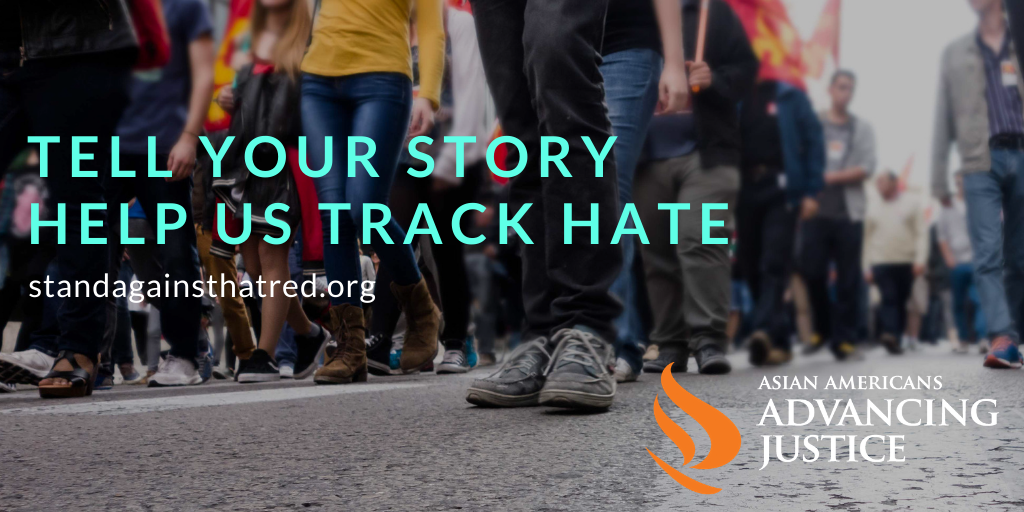Fact Sheet
TALKING POINTS ON WHITE HOUSE PROPOSAL TO ABANDON REQUEST TO EXTEND REPORTING DEADLINES FOR CENSUS APPORTIONMENT & REDISTRICTING DATA
BACKGROUND: In the coming days, Congress will try to pass a new COVID-19 relief bill. The House of Representatives passed its version of the next COVID bill, called the HEROES Act (H.R. 6800), in May. That bill includes a provision to modify the statutory deadlines for reporting apportionment and redistricting data from the 2020 Census, as the administration requested in May. It also allocates an additional $400 million for the 2020 Census to address unanticipated costs as a result of the coronavirus pandemic, which stakeholders support.
We stand together with our Black siblings to fight for transformative change to a system that incarcerates, dehumanizes, and oppresses Black Americans. This compilation of resources is a starting point for education, discussion, and how to be effective allies in dismantling white supremacy and anti-blackness.
Download the opinion summary for United States v. Sineneng-Smith, which breaks down the Supreme Court's opinions and details what the Supreme Court decision means for community partners.
For more background, read the following blog and press releases:
On Wednesday, April 22, 2020, President Trump signed a Presidential Proclamation that bans the processing of most immigrant visas for 60 days. The proclamation could be extended for another 60 days. The ban went into effect at midnight on April 23rd.
Download the factsheet to learn more about the impact.

Facts, Not Fear
For health information, please refer to the Centers for Disease Control and Prevention and World Health Organization.
Digital inclusion and literacy initiatives, including the federal Lifeline program, are critical for bridging the digital divide, which impacts as many as 162.8 million people living in the United States. Check out our resources to learn more about these issues.
The last few years have witnessed a dramatic rise of social media surveillance for immigration vetting purposes. Read our backgrounder to learn why this practice is both ineffective and discriminatory.
A growing body of evidence indicates that algorithms are capable of amplifying real-world biases at the expense of vulnerable communities, including people of color and women. Read our resources to learn more about algorithmic bias and different mitigation strategies.
Although more and more commercial entities and government agencies are utilizing facial recognition technology, many civil society organizations continue to view it as a threat to civil rights and civil liberties. Read our resources to learn why this technology is so controversial.
In the digital age, our right to privacy is both a civil liberty and a civil right. Download these resources to learn why researchers, civil society organizations, and lawmakers are working to identify ways to legislate and regulate data privacy.
